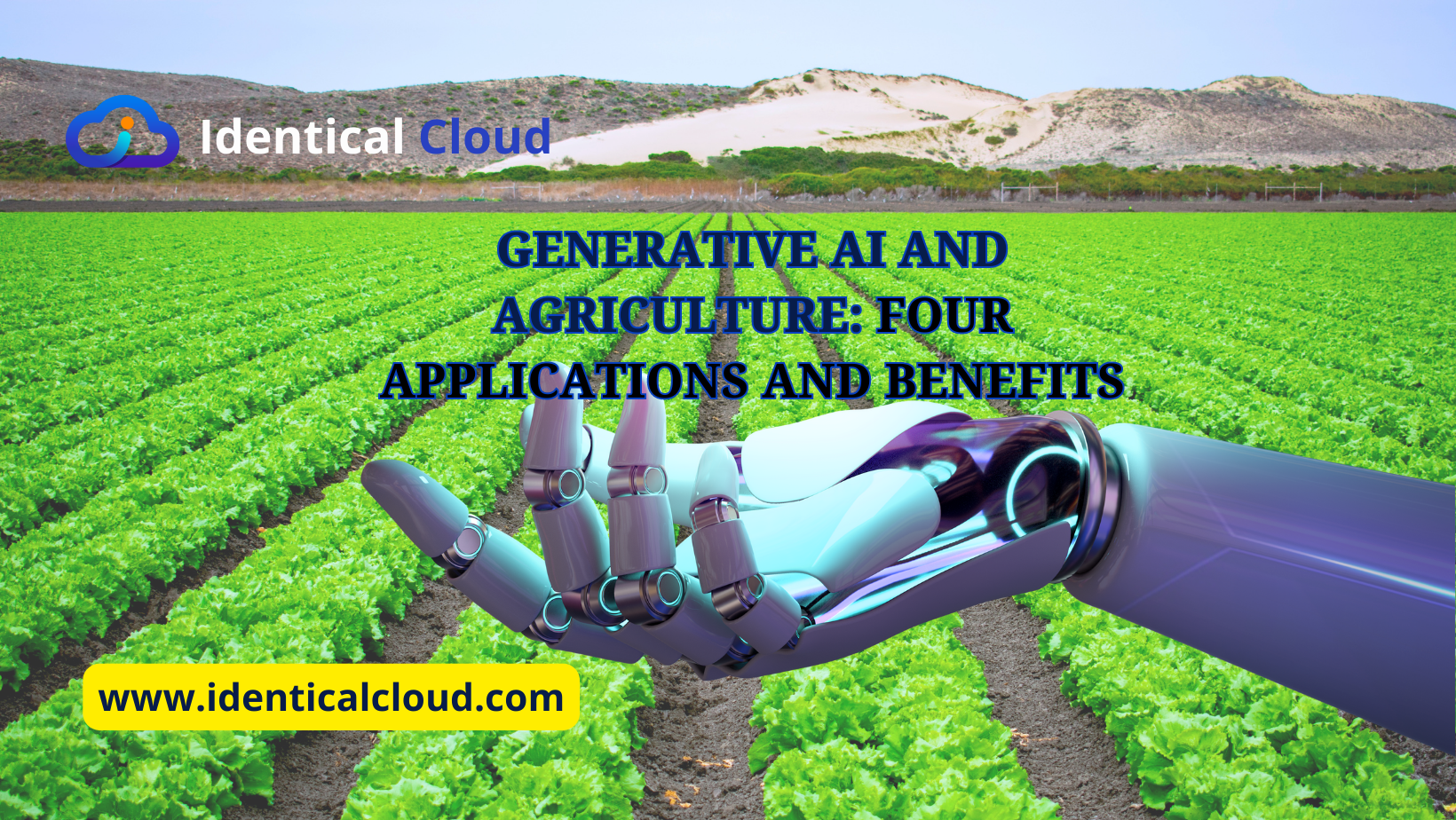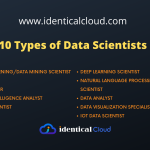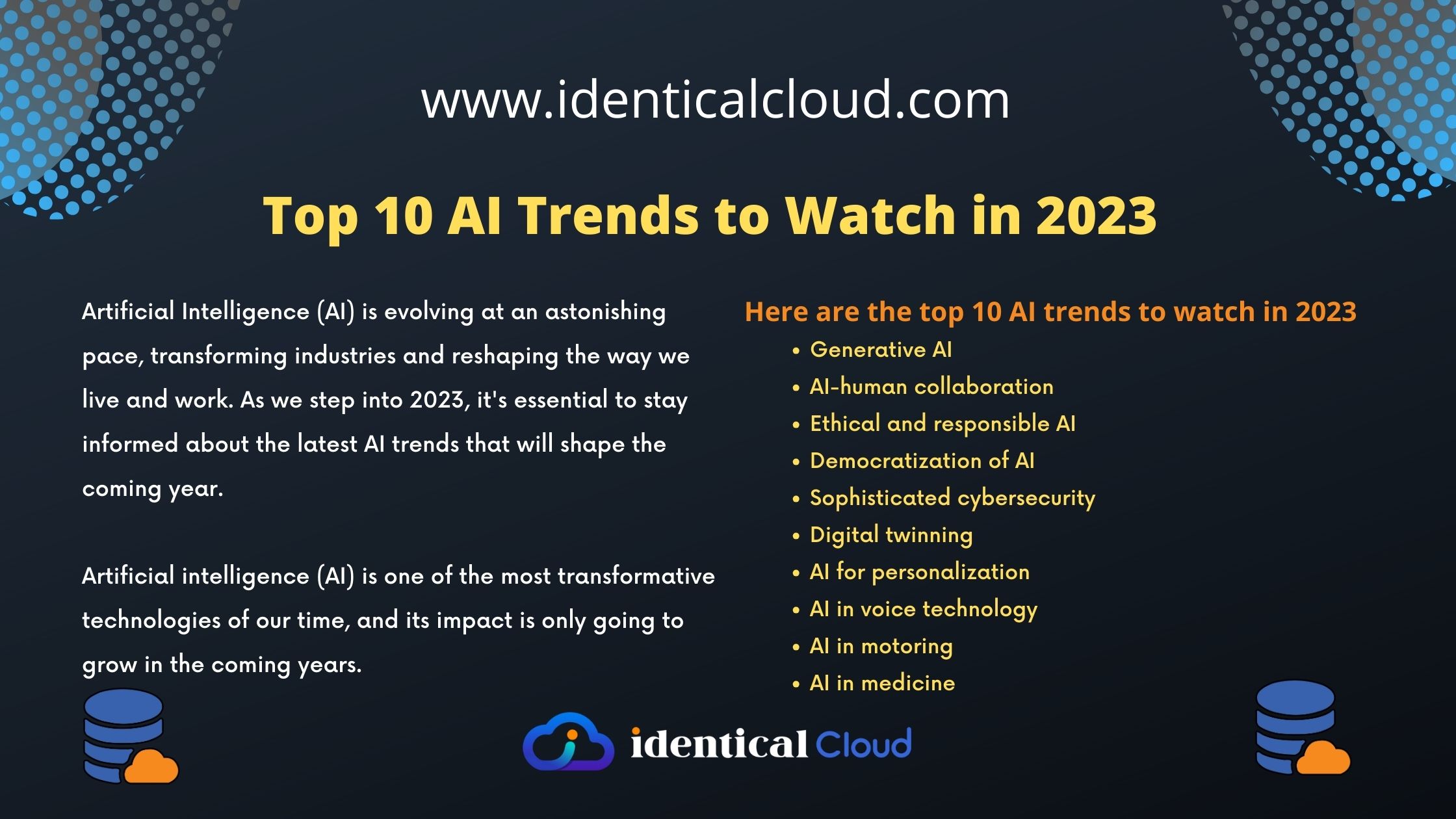
Generative AI and Agriculture: Four Applications and Benefits
Generative AI and Agriculture: Four Applications and Benefits
The rapid advancements in artificial intelligence (AI) have revolutionized various industries, and agriculture is no exception. Generative AI, a subset of AI, has shown immense promise in transforming agricultural practices by harnessing the power of data generation and pattern recognition.
In this blog, we explore four key applications of generative AI in agriculture and the benefits it brings to farmers, researchers, and the entire agricultural ecosystem.
- Crop Yield Prediction:
Accurate crop yield prediction is crucial for farmers to make informed decisions about planting schedules, resource allocation, and marketing strategies. Generative AI models can analyze historical data, weather patterns, soil characteristics, and other relevant factors to forecast crop yields with remarkable precision. By understanding potential harvest outcomes, farmers can optimize their production processes, plan logistics efficiently, and mitigate risks associated with unpredictable weather conditions.
Benefits:
- Enhanced Productivity: Farmers can maximize their yield potential by tailoring their practices based on accurate predictions.
- Risk Mitigation: Crop yield predictions help farmers plan for potential shortages or surpluses, reducing financial risks.
- Efficient Resource Allocation: By knowing the expected yield, farmers can allocate resources such as water, fertilizers, and labor more effectively.
- Crop Breeding and Optimization:
Traditional crop breeding methods can be time-consuming and resource-intensive. Generative AI comes to the rescue by simulating various genetic combinations and predicting potential outcomes. Researchers can explore a vast array of possibilities to identify desirable traits, such as disease resistance, improved yield, or nutritional content. This accelerated breeding process enables the development of new, resilient plant varieties tailored to specific environmental conditions.
Benefits:
- Faster Crop Improvement: Generative AI expedites the identification of promising hybrid variations, reducing the time needed for crop improvement.
- Climate Adaptation: By developing climate-resilient crops, agriculture can better adapt to the changing environment and mitigate the impact of climate change.
- Improved Crop Quality: Enhanced genetic diversity leads to crops with improved nutritional content and taste, benefiting both farmers and consumers.
- Pest and Disease Detection:
Timely detection of pests, diseases, and nutrient deficiencies is crucial to prevent extensive crop damage and minimize losses. Generative AI can be applied to image recognition and pattern analysis to identify early signs of issues in crops. By detecting problems at an early stage, farmers can implement targeted treatments and interventions, reducing the need for broad-spectrum pesticides and minimizing the environmental impact.
Benefits:
- Increased Crop Health: Early detection of pests and diseases allows for prompt action, preserving the health of the crops and ensuring higher yields.
- Sustainable Practices: Reduced reliance on pesticides and fertilizers contributes to more environmentally friendly and sustainable farming practices.
- Cost Savings: By preventing large-scale crop damage, farmers save on potential losses and unnecessary expenses on chemical treatments.
- Farm Automation and Robotics:
Generative AI plays a significant role in the development of autonomous farming systems, where machines and robots perform various tasks like planting, harvesting, and weeding. These AI-driven systems can adapt to changing environmental conditions, leading to increased efficiency and productivity. By reducing the need for manual labor, farm automation also addresses labor shortages in rural areas.
Benefits:
- Increased Efficiency: Farm automation optimizes tasks, leading to improved productivity and reduced operational costs.
- Labor Savings: AI-driven robots and machines replace manual labor, freeing up farmers’ time for other essential activities.
- Precision Farming: Autonomous systems enable precise planting, fertilization, and irrigation, minimizing waste and resource usage.
What is the use of generative AI in agriculture?
Generative AI is a branch of artificial intelligence that uses algorithms to generate new data, such as images, text, and code. This technology has the potential to revolutionize agriculture in a number of ways.
Here are some of the uses of generative AI in agriculture:
- Precision farming: Generative AI can be used to create models that predict crop yield, water needs, and nutrient requirements. This information can then be used to create precise farming plans that can help farmers optimize their yields and reduce their costs.
- Disease and pest detection: Generative AI can be used to analyze images and sensor data to detect diseases and pests in crops. This information can then be used to quickly and effectively treat the problem, preventing crop losses.
- Crop breeding: Generative AI can be used to accelerate crop breeding by simulating virtual breeding trials. This can help breeders find new varieties of crops that are more resistant to diseases, pests, and climate change.
- Supply chain management: Generative AI can be used to optimize supply chains in the agriculture industry. This can help farmers get their crops to market more efficiently, reducing waste and increasing profits.
- Farm management: Generative AI can be used to automate tasks such as irrigation, fertilization, and pest control. This can help farmers save time and money, and it can also improve the accuracy and efficiency of these tasks.
- Farmer training: Generative AI can be used to create personalized training modules for farmers. These modules can be tailored to the specific needs of the farmer, and they can help the farmer learn new skills and techniques.
Generative AI is a rapidly developing field with the potential to revolutionize agriculture. As the technology matures, we can expect to see even more innovative and beneficial applications of generative AI in the agriculture industry.
Generative AI has immense potential to revolutionize agriculture and address the challenges faced by the industry. From precise crop yield prediction to accelerated crop breeding, and from early pest detection to farm automation, the applications of generative AI are diverse and promising. By harnessing the power of AI, farmers can enhance productivity, sustainability, and profitability while ensuring a stable and secure food supply for the growing global population. Embracing generative AI in agriculture is not just a technological advancement; it is a step towards a more sustainable and food-secure future.








